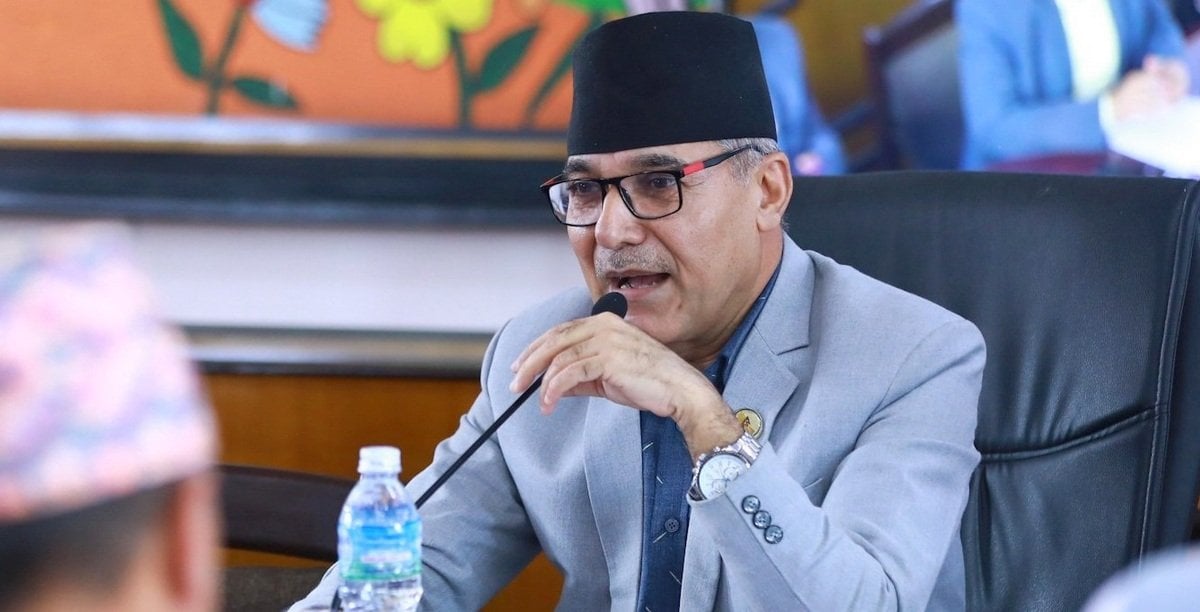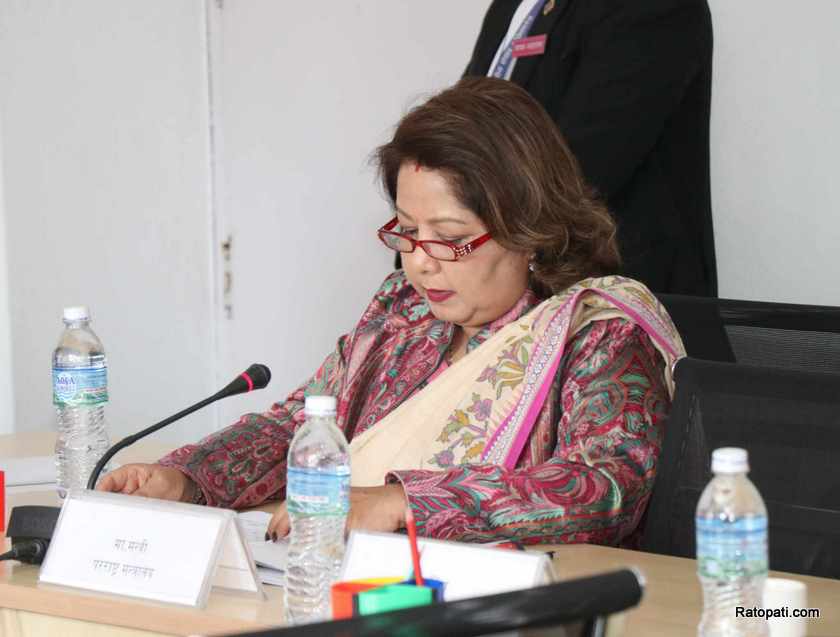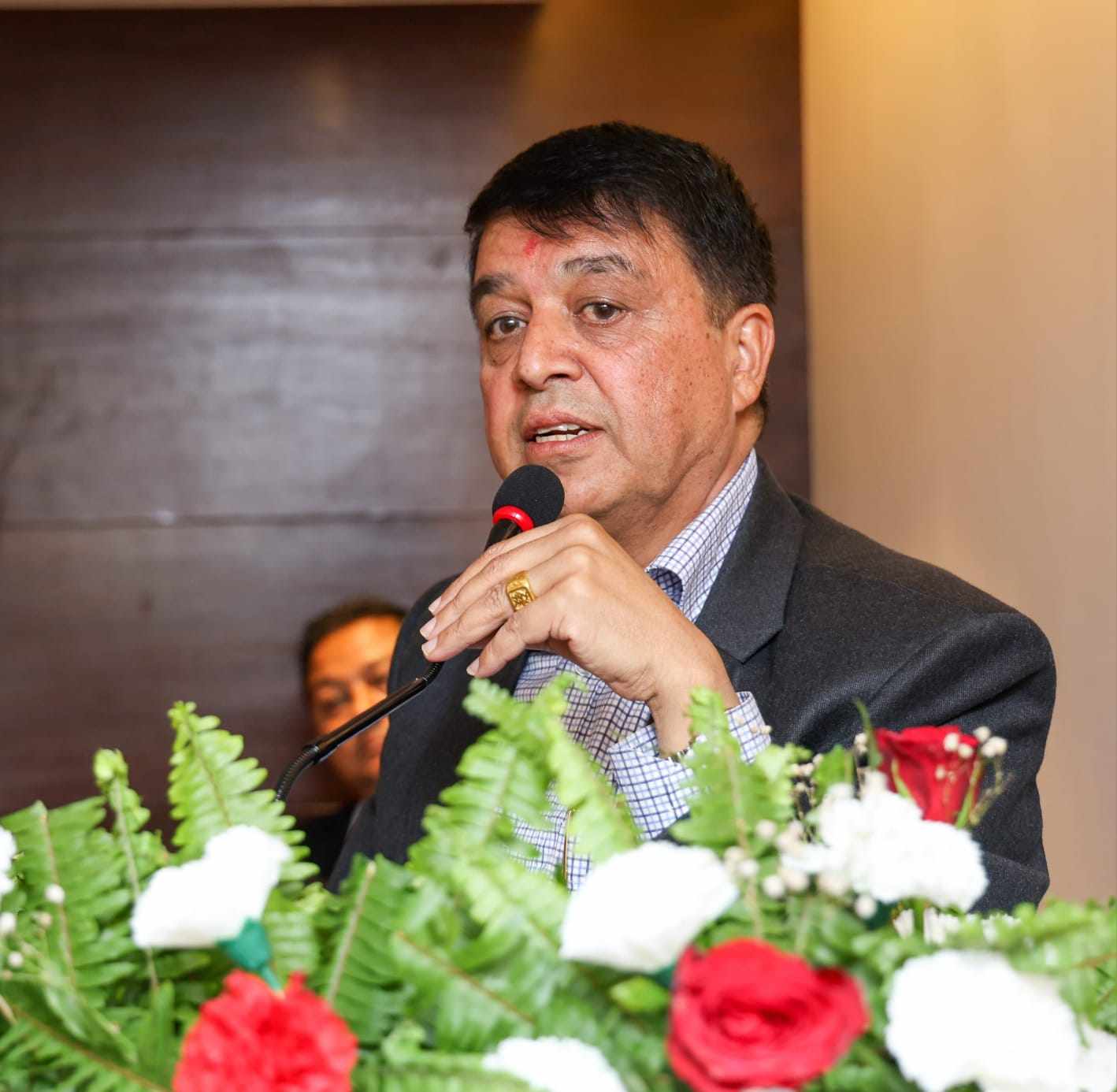PAC chair Rishikesh Pokharel’s assets may be frozen

Kathmandu, September 18 — The properties of the board members and their families of the Uma Gauri Agricultural Cooperative Society, located in Karsiya Bazar, Dhanpalnath Rural Municipality-4 of Morang, may be frozen.
Established in 2011, this cooperative is currently in crisis, with reports of embezzlement amounting to 12 million rupees. Anjala Koirala, the wife of Rishikesh Pokharel, Chairman of the Public Accounts Committee, is also involved with the cooperative. She is likely to face legal consequences for failing to repay a loan taken during her tenure on the board.
A report submitted to the government by the Parliamentary Inquiry Committee led by CPN-UML MP Surya Thapa on Monday suggested solutions to the issues identified in similar cooperatives. If the government acts on these recommendations, the properties and bank accounts of the Pokharel couple may be frozen.
The committee has recommended that if the cooperative's assets are insufficient to cover its debts, the personal assets of board members should be frozen for recovery. Should this recommendation be implemented, the Pokharel couple may also be held liable for the debts, necessitating the sale of their private properties to settle obligations.
Koirala was previously a board member of the cooperative and at that time, the cooperative took loans from other banks. She has since been blacklisted for non-payment of the loan.
There is also uncertainty regarding the investments made by Shambhu Rauniyar, the cooperative's chairman, who has allegedly invested millions of rupees. Sources indicate that the cooperative has incurred losses exceeding 12 million rupees, with a total capital of 184.9 million rupees. Rauniyar has reportedly mortgaged not only cooperative members' land but also properties belonging to the general public who borrowed from the cooperative.
Currently, the cooperative has loans totaling approximately 11.57 million rupees from various banks, while it is due to return 2.3 million rupees. The balance sheet indicates loans and equity investments totaling about 178.7 million rupees.
The committee's recommendations include options for dealing with cooperatives facing similar challenges. One key proposal is to maintain government oversight over cooperative directors, freezing their immovable properties, bank accounts, passports, and travel permits. If a cooperative needs to operate outside its main office's city, it would require government permission. The report prioritizes allowing time for legal resolution if issues cannot be addressed within a specified timeframe.
Furthermore, the report suggests identifying problems in troubled savings and loan cooperatives and pursuing legal action against those misusing cooperative funds, as well as confiscating their assets.
To facilitate the return of savings to depositors, initial efforts should focus on recovering funds from institutional assets, freezing the assets of cooperatives and their directors involved in illegal activities, and establishing legal frameworks for asset management, sales, debt recovery, and returning depositor funds.
If cooperatives engage in illegal transactions, the report calls for a detailed inventory of the involved parties’ assets, collection of loans as government debts, conversion of immovable assets into liquid forms, and returning funds based on prioritization of depositors’ preferences.
In the second phase, should institutional assets fall short, the report addresses the need to recover funds from personal assets, highlighting the importance of controlling both movable and immovable properties belonging to directors, family members, and other involved parties.










Leave Comment